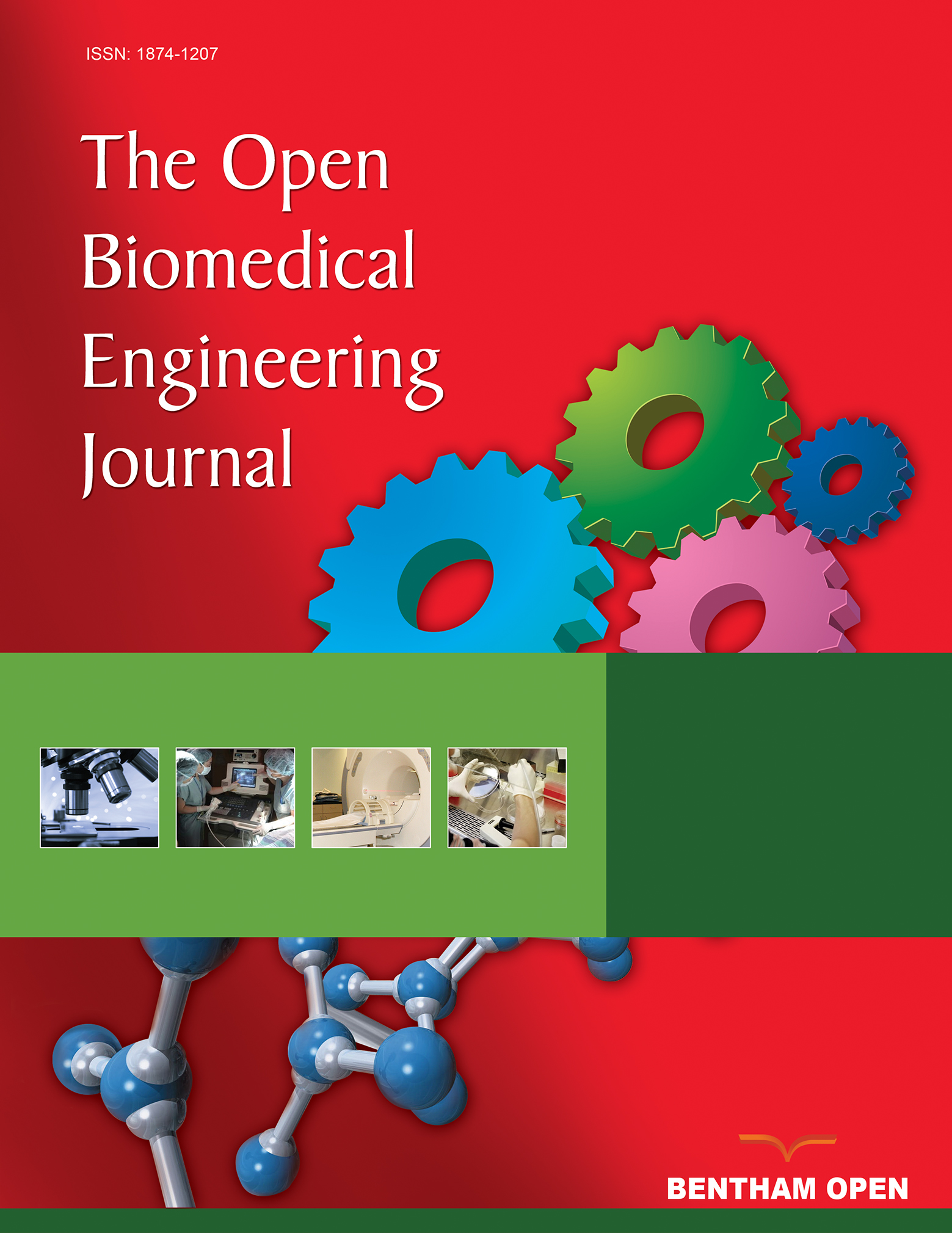All published articles of this journal are available on ScienceDirect.
Fuzzy Analytic Hierarchy Process-based Chinese Resident Best Fitness Behavior Method Research
Abstract
With explosive development in Chinese economy and science and technology, people’s pursuit of health becomes more and more intense, therefore Chinese resident sports fitness activities have been rapidly developed. However, different fitness events popularity degrees and effects on body energy consumption are different, so bases on this, the paper researches on fitness behaviors and gets Chinese residents sports fitness behaviors exercise guide, which provides guidance for propelling to national fitness plan’s implementation and improving Chinese resident fitness scientization. The paper starts from the perspective of energy consumption, it mainly adopts experience method, determines Chinese resident favorite sports fitness event energy consumption through observing all kinds of fitness behaviors energy consumption, and applies fuzzy analytic hierarchy process to make evaluation on bicycle riding, shadowboxing practicing, swimming, rope skipping, jogging, running, aerobics these seven fitness events. By calculating fuzzy rate model’s membership and comparing their sizes, it gets fitness behaviors that are more helpful for resident health, more effective and popular. Finally, it gets conclusions that swimming is a best exercise mode and its membership is the highest. Besides, the memberships of running, rope skipping and shadowboxing practicing are also relative higher. It should go in for bodybuilding by synthesizing above several kinds of fitness events according to different physical conditions; different living conditions so that can better achieve the purpose of fitness exercises.


